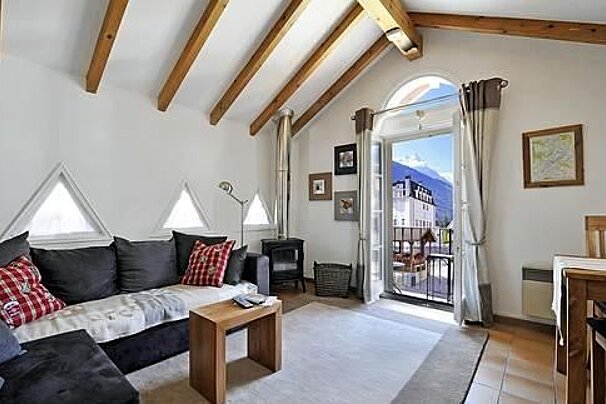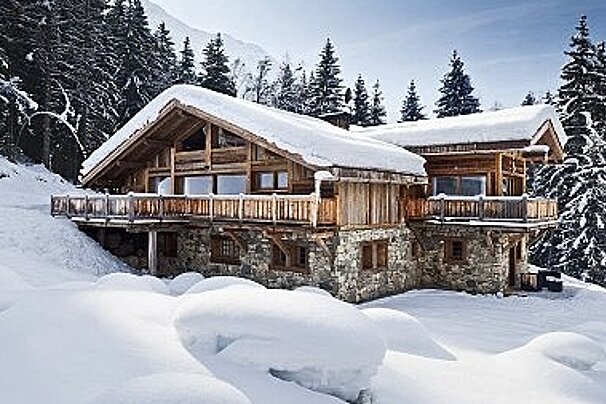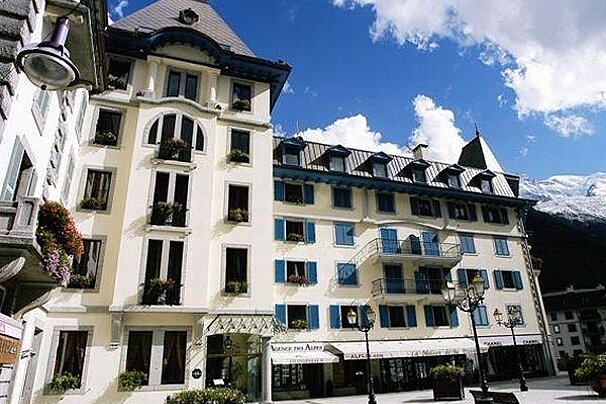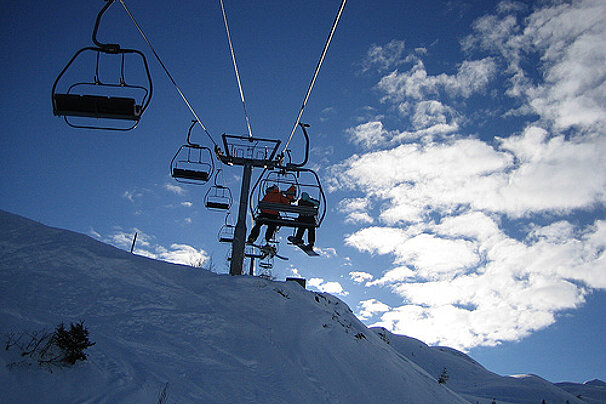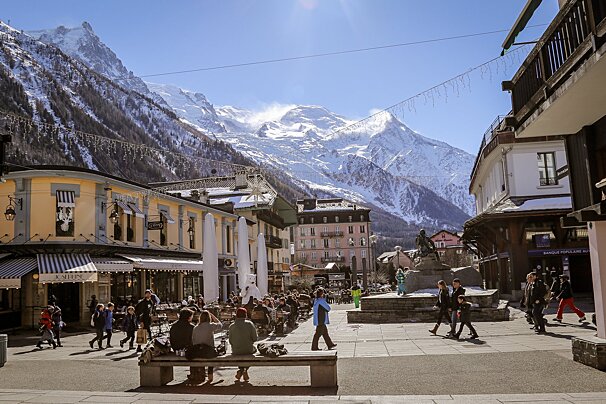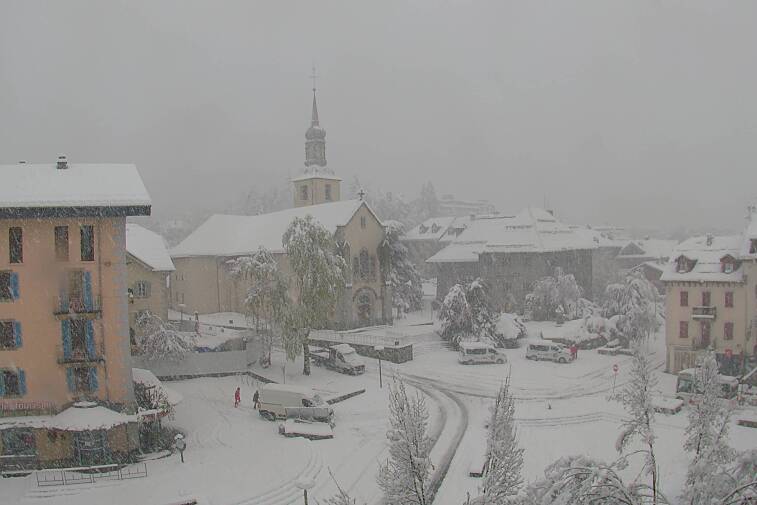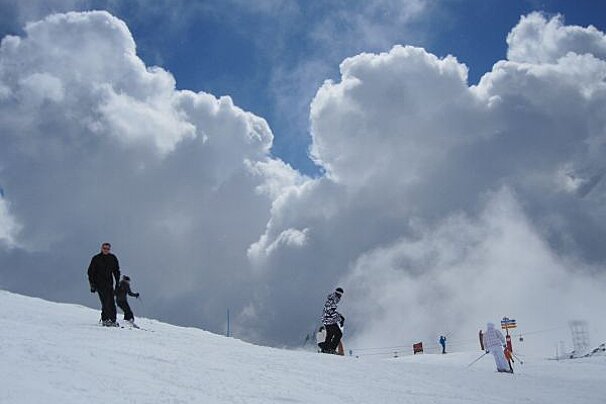Tax information for foreign residents - update
Better late than never but around 120 people turned up at the Majestic last month for the first tax information meeting targeted at non-French residents. Hosted by representatives from the Town Hall, the local tax office in Sallanches and the departmental tax office for the Haute Savoie, the aim of the event was to clarify the grey and confusing subject of taxation in France.
The 2 ½ hour agenda covered a range of topics including: Local Taxes (property/residence tax), Income Tax, Wealth Tax, Tourist Tax (Taxe de Sejour) and Capital Gains Tax. The handouts were pretty comprehensive to gain a general understanding of the rules and regulations for each type of tax but there wasn't much deviation from them in the presentation without getting into the specific details of individual cases. There were a number of questions alluding to the situations of “friends of friends” which raised a giggle amongst the audience, but specific points that were clarified from questions are as follows:
Income Tax
Where you pay your income tax is determined by where you are considered a “resident”. There are a number of factors to consider (ie. where is your permanent home or where your personal & financial ties are the strongest) but in the case of uncertainty, it is determined by where you spend most of your time (at least 183 days/6 months).
Taxe d'Habitation (Residence Tax)
Payable by whoever is in residence on January 1st (regardless of whether you are leaving a week later). The tax is applicable to all “habitable” properties, so if your place is unfurnished or a building site on Jan 1st, the tax does not apply. In the case of a rental property, as a general rule, long term renters pay the taxe d'habitation themselves but the property owner usually pays it for short term rentals. However, the owner may decide to include a percentage of the amount in the rental agreement. If your property is habitable but vacant, no discount applies.
Taxe de Sejour (Tourist Tax)
Taxe de Sejour is charged at a per person/per night rate on all furnished holiday accommodation. It is collected by the accommodation provider who is also required to keep a log of the number of people and nights their accommodation was occupied. Seasonnaires are also required to pay taxe de sejour but they pay €0.90 per night for a maximum of 28 days. The remaining months are free.
Building Taxes
If you undertake a building project that requires planning permission (Permit de Construire) you will have to pay a local equipment tax that is calculated on the surface area of your project. 50% of this amount is payable after 18 months and the remaining 50% after 36 months (from the original date of the permit). Should you obtain a permit and then decide not to build, if you give up the permit you are no longer liable for paying the tax.
It was certainly a worthwhile meeting to have and we were asked to complete a feedback form on where we thought improvements could be made for subsequent meetings. The intention seems to be to hold a similar event each year, gradually tailoring the information as much as possible to specific scenarios. However, there are so many circumstances to take into account for individual cases; ultimately you should still contact your local tax office for clarification. For tax calculation queries contact:
Centre des Impots de Sallanches
1259 route du Rosay
74700 Sallanches
Tel : +33 450 58 21 11
Fax : +33 450 47 98 60
e-mail : cdi.sallanches@dgi.finances.gouv.fr
For tax payment contact :
Tresorie de Chamonix Mont Blanc
164 Avenue de Courmayeur – BP 120
74403 Chamonix
Tel : +33 450 53 03 06
Fax : +33 450 55 83 56
e-mail : t074012@cp.finances.gouv.fr
The full handouts from the meeting can be downloaded (in pdf format) by clicking on the links below.
Some of the documents are pretty large so may take some time to down load or you may need to download the latest version of Adobe Reader. Further information can be found on the government website on the link at the bottom


